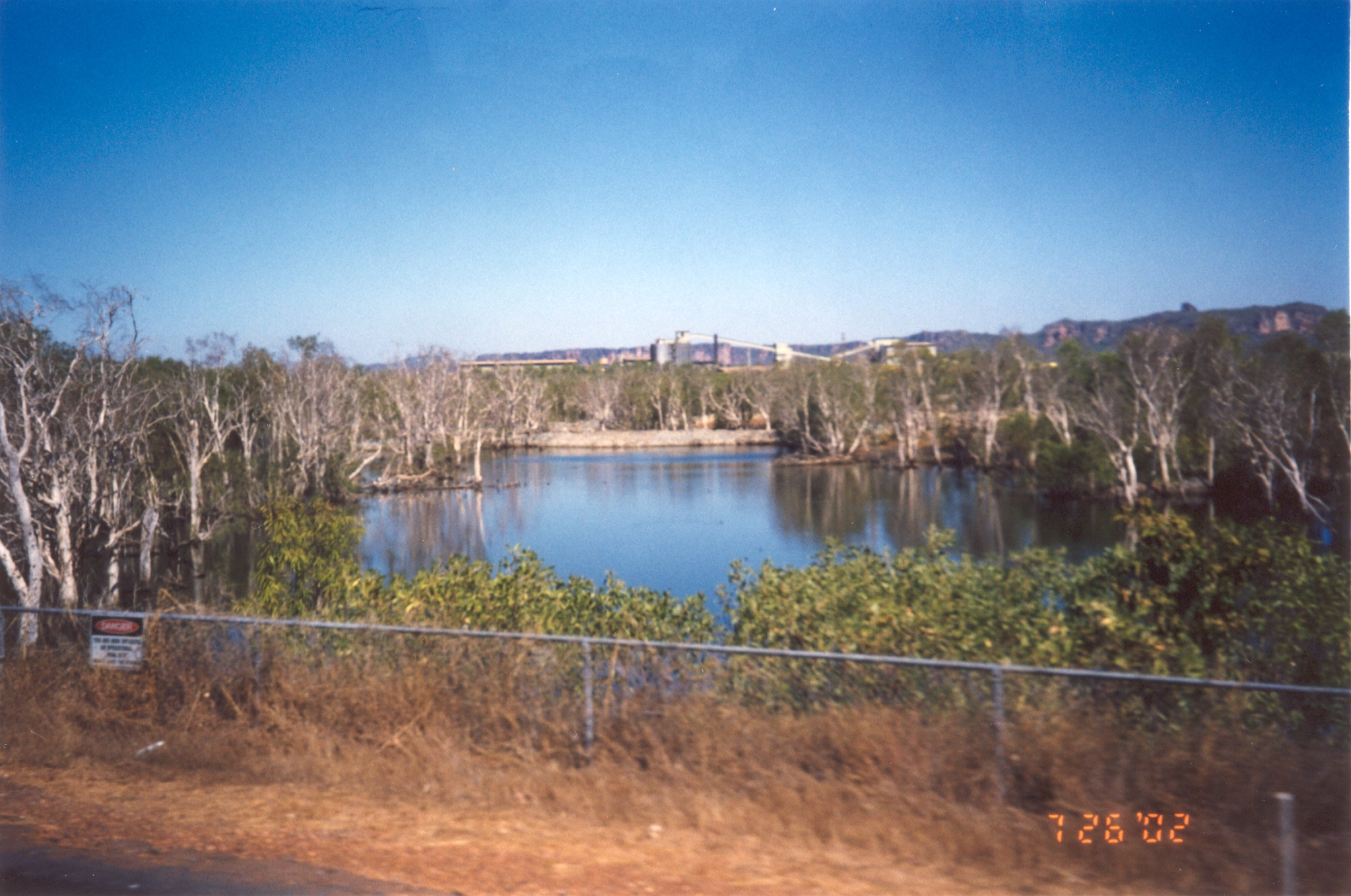Minister For Aboriginal Affairs V Peko-Wallsend Ltd on:
[Wikipedia]
[Google]
[Amazon]
''Minister for Aboriginal Affairs v Peko-Wallsend Ltd'' also known as 'Peko', is a decision of the High Court of Australia.
The case is notable for its holdings relating to Australian
 The
The
Administrative Law
Administrative law is the division of law that governs the activities of government agency, executive branch agencies of Forms of government, government. Administrative law concerns executive branch rule making (executive branch rules are gener ...
; primarily in regards to relevant and irrelevant considerations, and constructive knowledge.
As of September 2020, 'Peko' is the 11th most cited case of the High Court.Note: LawCite citation statistics track the written judgements of courts, journal articles, and tribunals. (both in Australia and overseas) https://www.austlii.edu.au/cgi-bin/LawCite?cit=&party1=&party2=&court=High%2BCourt%2Bof%2BAustralia&juris=&article=&author=&year1=&year2=&synonyms=on&filter=on&cases-cited=&legis-cited=§ion=&large-search-ok=1&sort-order=citedNote: data is as of September 2020
Facts
 The
The Alligator Rivers
Alligator Rivers is the name of an area in an Arnhem Land region of the Northern Territory of Australia, containing three rivers, the East, West, and South Alligator Rivers. It is regarded as one of the richest biological regions in Australia, ...
region in the Northern Territory was the subject of Aboriginal land claims and was also being investigated for uranium deposits by Peko-Wallsend
Peko-Wallsend was an Australian mining company.
History
Peko-Wallsend was founded in 1961 when Peko Mines merged with Wallsend Investments. In 1962 Peko-Wallsend purchased Toll Transport. In January 1968, Peko-Wallsend acquired a majority share ...
.
The Aboriginal land claim was investigated by the Aboriginal Land Commissioner, Toohey J. During his investigation, Peko-Wallsend did not tell the Commissioner the exact location of a rich uranium deposit that had been found, named 'Ranger 68'. This resulted in the Commissioner inferring that the deposit was located outside of the claimed land area; when in fact it was located within that area. The Commissioner recommended that the Aboriginal land claim be granted.
Peko-Wallsend then made urgent communications to the Minister, explaining that 'Ranger 68' was in fact within the claimed area. Peko-Wallsend requested that the minister reconsider the Commissioner's comments and decision in light of this new information and requested that he remove the portion of land containing Ranger 68 from the land grant area.
Peko-Wallsend's representations were ignored, and the minister went ahead with the land grant. Peko-Wallsend was then successful in overturning the minister's decision at the Full Federal Court on Administrative law grounds.
The Minister then appealed to the High Court.
Judgment
The court found that the minister should have taken into account Peko-Wallsend's representations when making his decision. By failing to do so, the minister failed to take into account a relevant consideration. The decision therefore erred at law. Mason J, in his judgment, discussed various propositions relating to administrative law doctrines in light of previous case law. Issues elaborated upon included the use of statutory interpretation to infer what is needed by a decision maker under administrative law, constructive knowledge, relevant and irrelevant considerations in decision making, and the appropriate role of courts in reviewing the exercise of an administrative discretion.162 CLR 24, Mason J, paragraph 6/ref>See also
*List of High Court of Australia cases
This article contains a list of notable cases decided by the High Court of Australia.
Citation numbers for the decisions are as tracked bLawCite a citation tracker managed by the Free Access to Law Movement. Note: LawCite citation statistics ...
* ''House v The King
''House v The King'' is a decision of the High Court of Australia.
The case is notable as a statement of principle for sentencing discretion in Australian Criminal Law. Specifically, the case elaborates upon five types of errors that may lead to ...
''
References